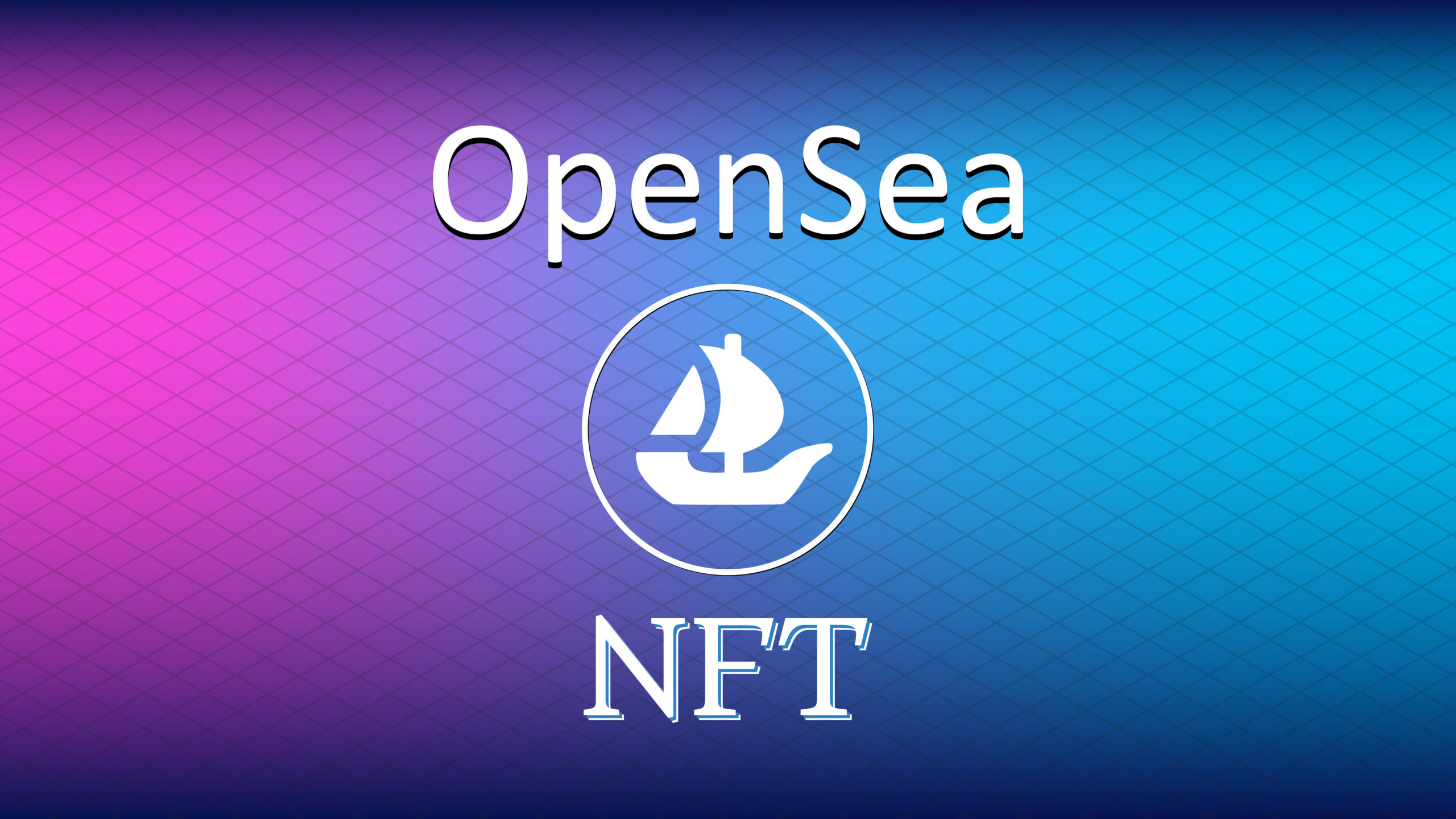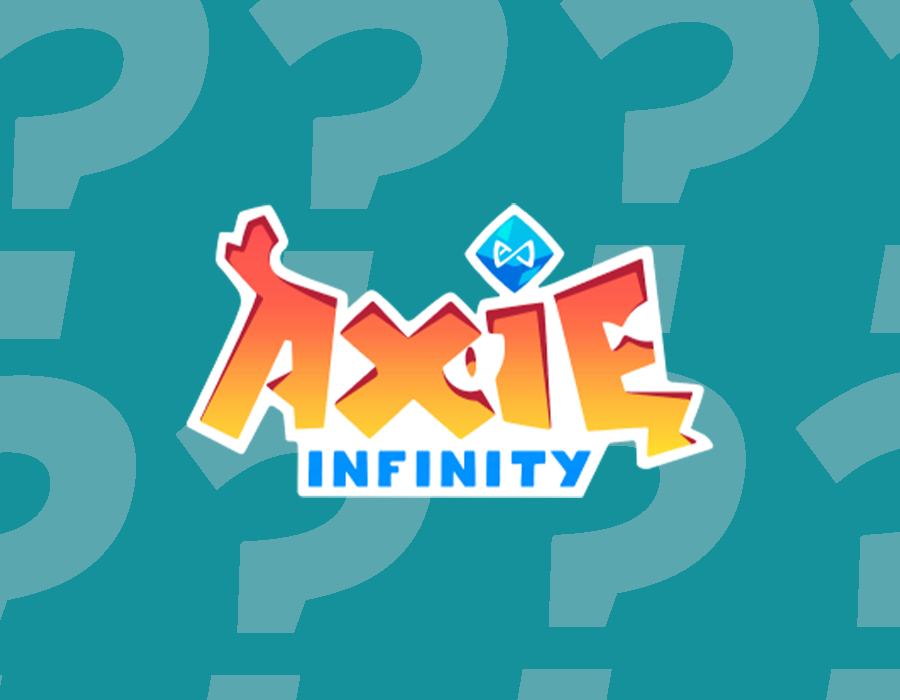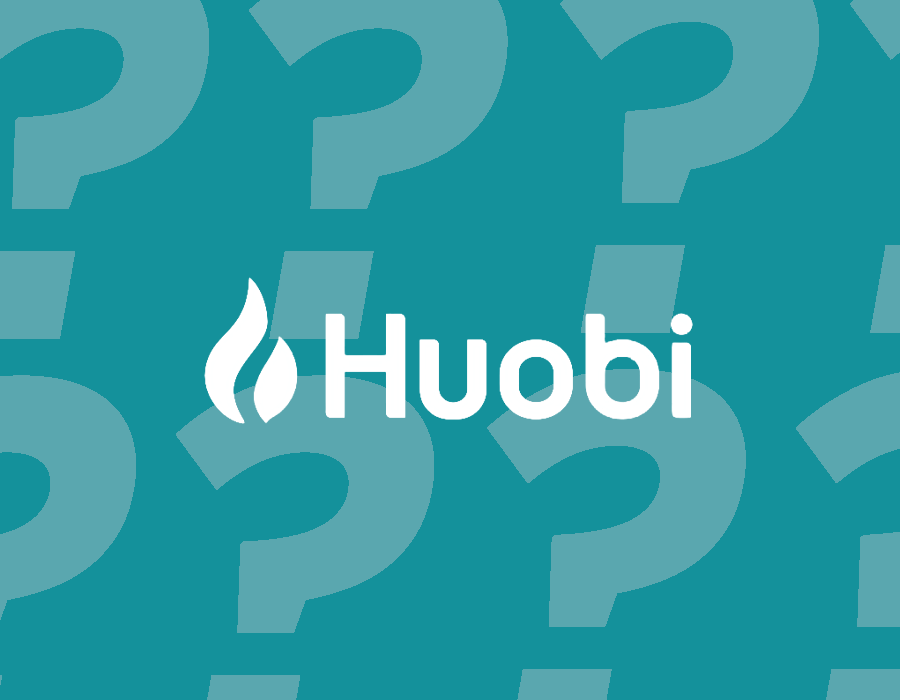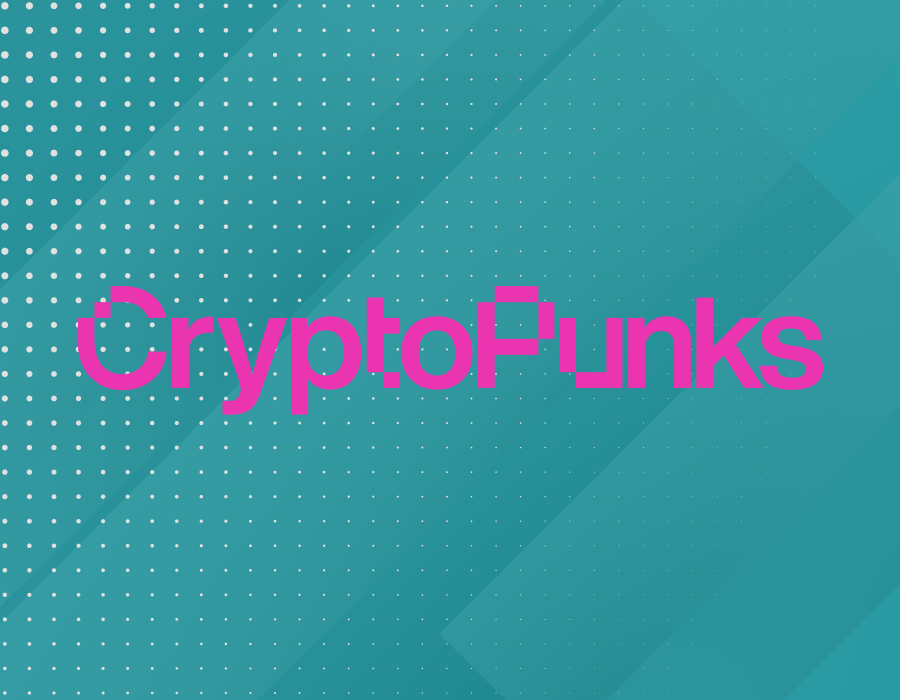In the rapidly evolving world of digital assets and blockchain technology, OpenSea has become the largest and most popular marketplace for buying, selling, and trading non-fungible tokens (NFTs). In this comprehensive guide, we will dive into the world of OpenSea, exploring its history, how it works, and how you can get started with buying and selling NFTs on the platform. In this guide, we’ll talk through what OpenSea is, some of the key features, and how to use them.
What is OpenSea?
OpenSea was founded in 2017 by Devin Finzer and Alex Atallah. The company’s mission is to provide a decentralized marketplace where users can freely trade digital assets without any centralized authority. Since its inception, OpenSea has grown exponentially and now boasts a user base of millions of people.
At its core, OpenSea is a decentralized marketplace for NFTs, which are unique digital assets that can represent anything from art and collectibles to virtual real estate and more. OpenSea enables users to trade these NFTs freely, providing a platform for creators to monetize their digital content and for collectors to discover and acquire unique digital assets.
How does OpenSea work?
Blockchain and Smart Contracts
OpenSea operates on blockchain technology, which is a decentralized and transparent digital ledger that records transactions across multiple computers. Specifically, OpenSea uses smart contracts, which are self-executing contracts with the terms of the agreement directly written into code. These smart contracts facilitate, verify, and enforce the negotiation or performance of a contract, allowing for seamless and secure transactions on the platform.
Supported Blockchains
While OpenSea initially started on the Ethereum blockchain, it has since expanded to support multiple blockchains, including Polygon and others. This means that users can trade NFTs on various blockchains, providing more options and flexibility for both creators and collectors.
NFTs on OpenSea
Categories of NFTs
OpenSea features a wide range of NFT categories, including art, domain names, virtual worlds, trading cards, collectibles, and more. With such a diverse selection, there’s something for everyone on the platform, whether you’re a digital artist, a collector of rare items, or just someone interested in exploring the world of NFTs.
Creating and Minting NFTs
One of the key features of OpenSea is the ability for users to create and mint their own NFTs. This process involves uploading a digital file, setting certain parameters (such as rarity and edition size), and then minting the NFT on the blockchain. Once minted, the NFT can be listed for sale on the OpenSea marketplace. Check out our guide how to mint an NFT for more information.
Buying and Selling NFTs on OpenSea
How to Buy NFTs on OpenSea
To buy NFTs on OpenSea, you first need to create an account and connect a compatible digital wallet, such as MetaMask, to the platform. Once connected, you can browse the marketplace and discover NFTs that interest you. When you find an NFT you’d like to purchase, simply click on it, review the details, and click the “Buy Now” button to complete the transaction. The NFT will then be transferred to your digital wallet.
How to Sell NFTs on OpenSea
To sell NFTs on OpenSea, you must first ensure that the NFT is in your connected digital wallet. Once it’s in your wallet, you can create a listing by setting the price, choosing the currency, and selecting any additional options such as auction type or royalty fees. After creating the listing, other users will be able to view and purchase your NFT.
Fees and Commissions
OpenSea charges a commission on every sale made on the platform. The commission, also known as a “transaction fee” or “gas fee,” helps maintain the platform and support its continued development. Additionally, creators can set royalty fees for their NFTs, which ensures they receive a percentage of any future sales of their work.
OpenSea Community and Events
With the continued growth of the NFT market and the increasing adoption of blockchain technology, the future of OpenSea looks promising. As the platform continues to expand its features and supported blockchains, users can expect even more opportunities to discover, create, and trade unique digital assets.
Conclusion
In conclusion, OpenSea is the largest and most popular NFT marketplace, providing a decentralized platform for users to buy, sell, and trade unique digital assets. With a diverse range of NFT categories, easy-to-use creation and minting tools, and a vibrant community, OpenSea is a must-visit destination for anyone interested in exploring the world of NFTs.
FAQs
What is an NFT?
An NFT (non-fungible token) is a unique digital asset that can represent anything from art and collectibles to virtual real estate and more.
How do I create an account on OpenSea?
To create an account, simply visit the OpenSea website and connect a compatible digital wallet, such as MetaMask.
Can I create my own NFTs on OpenSea?
Yes, OpenSea allows users to create and mint their own NFTs using the platform’s easy-to-use tools.
What are the fees associated with using OpenSea?
OpenSea charges a commission on every sale made on the platform, and creators can also set royalty fees for their NFTs.
Which blockchains does OpenSea support?
OpenSea initially started on the Ethereum blockchain and has since expanded to support multiple blockchains, including Polygon and others.








